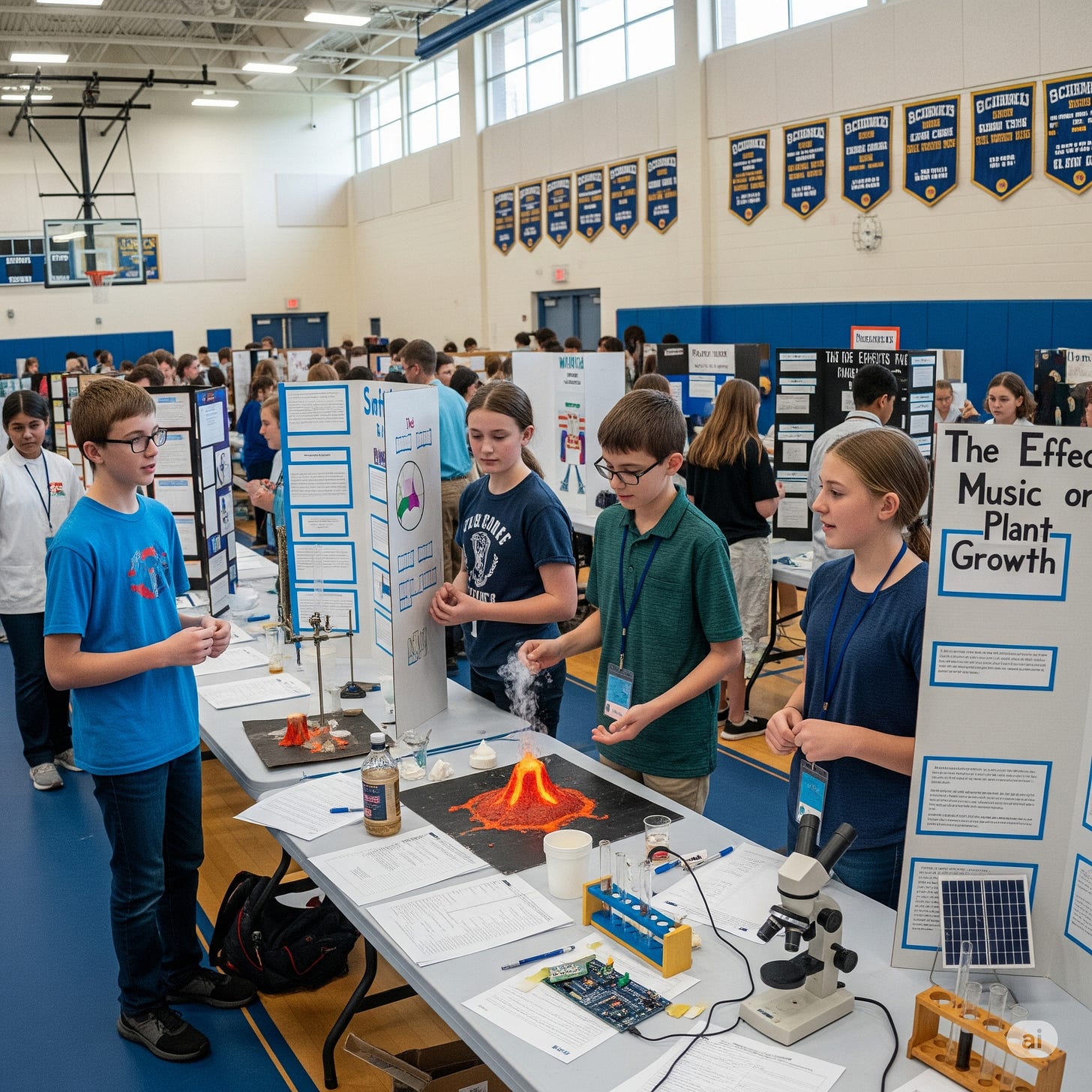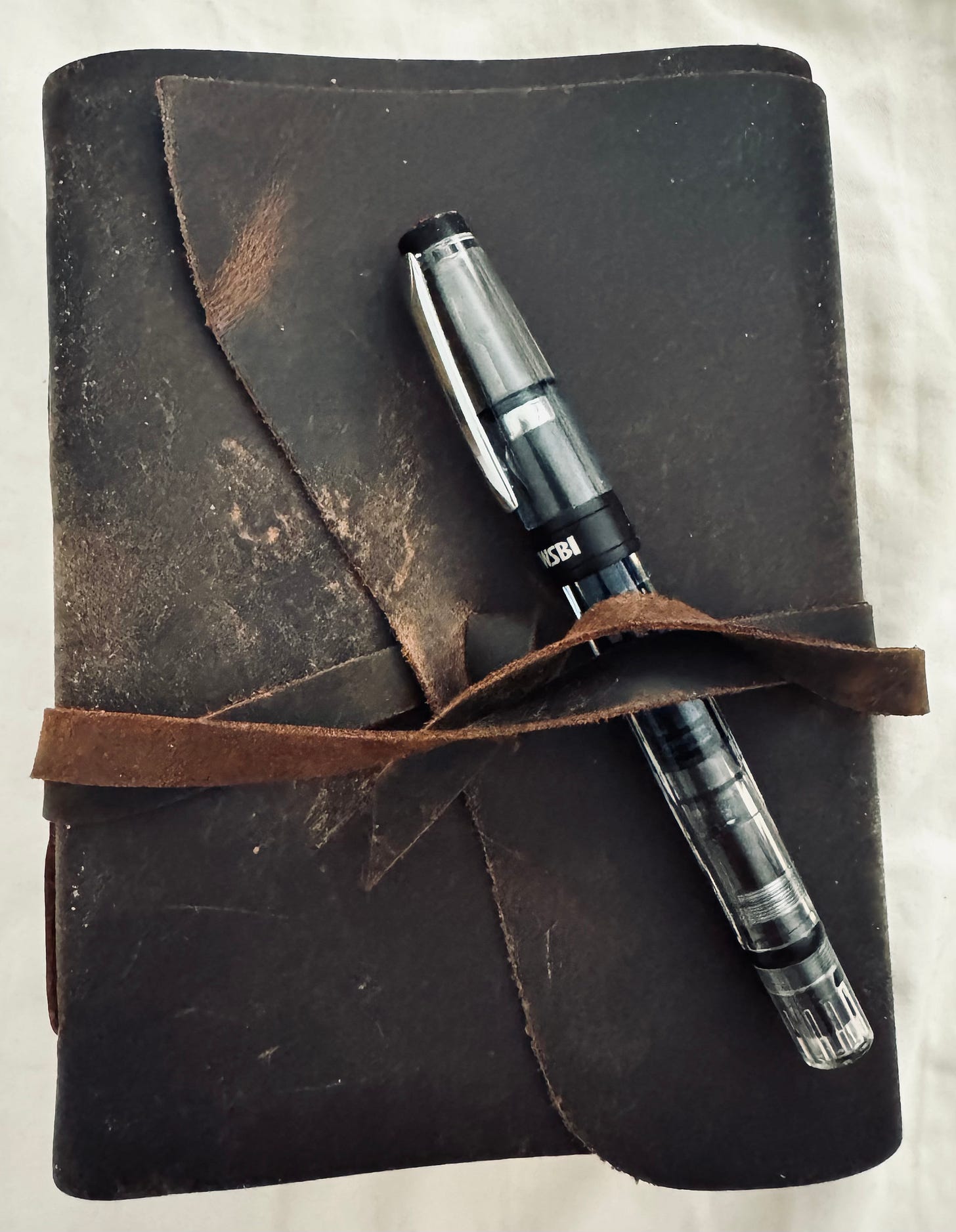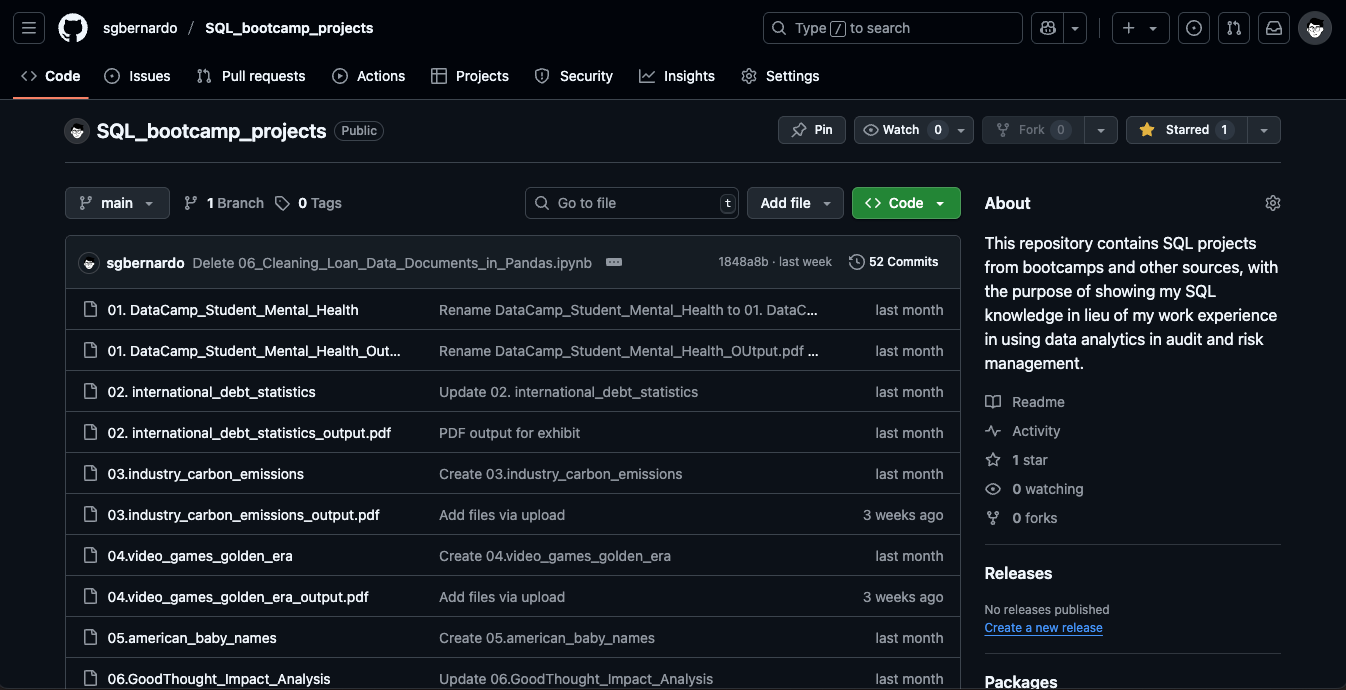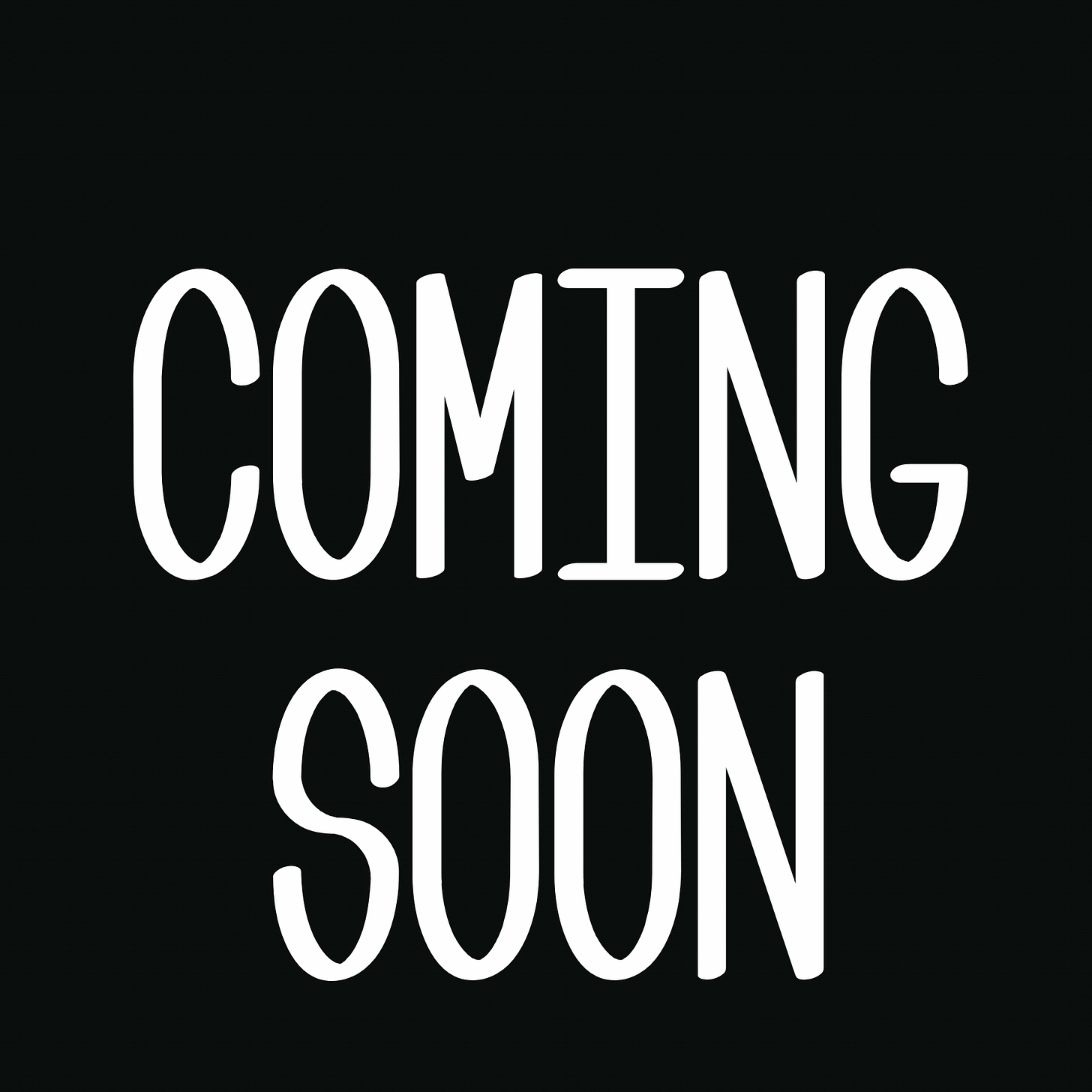Onward and Upward: Intellectual Leverage
Part 2 of my Onward and Upward series, this part covers the power of intellectual leverage and documenting your work and learning.
An updated resume and a shiny LinkedIn profile are no longer enough these days. Whether it's job hunting or general networking, it’s important to remember that you are more than just your resume.
One thing I regret not doing sooner is documenting what I learned earlier, whether it’s related to leadership and career reflections, interests, or field of expertise. I recall the period before I took the MBA, when I could have retained the lessons I learned or the impact of significant projects on my career.
It may be water under the bridge, but it’s never too late to start! As mentioned in my previous post, you don't need to be an extrovert or the loudest person in the room to share what you've learned!
❓Why Intellectual Leverage: Telling Your Story
Remember those science fairs back in high school or even in undergrad? It turns out that some insights carry over to our working lives that we may have forgotten: documenting and sharing what you learned. Let’s use an analogy to prove my point. The tornado simulation and project display you created serve as documentation of your discoveries. When you explain your findings to the teachers and parents going around the fair, that’s the part where you share what you learned.
The science fair analogy made me realise that documenting what I learn plays a big role in enhancing my personal and professional development. [1] First, documenting what you learned provides a starting point, allows you to track progress, and enables you to connect learning to future situations. Second, through documentation, one can gain deeper insights into one's own work and leadership style and then make adjustments as necessary.
Finally, sharing what you learned puts your personal brand to life. It positions you as a knowledgeable resource and enhances visibility to those in a similar field or other professionals with similar interests. While I am not there yet, I am confident that my recent push to build intellectual leverage will give me the confidence to create my frameworks and foster a community of growth through mentorship and influence.
❓The How: Current (and Potential) Means to Document My Learning
I recently started documenting and sharing my reflections and takeaways, so I still have a lot to work on. However, here are some ways that I built (or will build) intellectual leverage:
General Career and Leadership Reflections (On Paper and Substack)
A few years of working taught me a ton of valuable lessons beyond functional expertise. These experiences offer insights that can be applied to future situations, depending on the situation. However, there are times when I feel that I have forgotten some specifics of my experience, making it difficult for me to extract the insights I acquired from it. This is where keeping a journal comes in.
My Leadership and Teams professors in my MBA program once suggested during office hours that we keep a leadership journal as a reference for our learning experiences throughout our respective careers. Professor Luckman also cited research suggesting that good leaders are the way they are because they keep a journal. [2]
I found that keeping a leadership journal lets you manage stress and free up mental space. Writing about my experience, thoughts, and feelings helps me process what happened. It also helped me develop a sense of self-awareness, enabling me to understand what I’ve been doing well, what I need to stop doing, and what I need to improve. [3]
Recently, I took it a step further by starting a Substack page to publicise my leadership journal. While I did not care about the likes, I did get some engagement from strangers online as well as my network. Many of them shared similar thoughts, with some expressing gratitude for the inspiration I provided to start documenting their experiences. To take it further, I intend to start sharing my Substack on LinkedIn with the hopes of finding others who are working on their career and leadership journey.
The engagement I got demonstrates that there are still people out there who are looking for your content. Who knows? You might even make a huge impact on their lives!
Interest: Data, Including Python, R, and SQL (Github)
I wanted to start by saying I am not an expert on GitHub, and I am still learning how to leverage it for my data science and analytics portfolio. However, I went ahead and started uploading some of the work I did in the past, whether it’s from a school activity, bootcamp, or a personal project. Something is better than nothing after all!
I recently learned that showcasing my work through repositories like GitHub offers several benefits. First, it demonstrates my interest and passion in learning and mastering data science and analytics. [4] It may be scary at first because of possible criticism from “experts” out there. Guess what? No one cares what you post, so I would go ahead and click that commit button.
Second, maintaining a GitHub portfolio allows you to showcase your work and what you’ve learned. This serves as tangible proof of your work and your current level of mastery in data (whether beginner, intermediate, or advanced). It also allows you to demonstrate your ability to solve problems and draw informed conclusions, especially when you thoroughly document what the project is about and your conclusion in the README section of each repository. [5] Back to the science fair analogy, the GitHub repository shows the output of your work while the README tells the story.
Finally, showing your repository allows for increased visibility and networking opportunities. Publishing your work on GitHub allows your work to reach millions of other fellow data enthusiasts, data experts, or even general users who are active on the site.
Current Line of Work: Audit, GRC, and Risk, including SOX (Substack and Notion)
I considered creating a series of posts on LinkedIn and Substack, along with a Wiki related to my IT Audit, Risk, and SOX work. I am confident that I have already demonstrated my ability to share career reflections on Substack and data projects on GitHub.
I was further intrigued by this idea when a fellow member of the Internal Audit Collective (a community of audit, SOX, and risk professionals) shared with us that putting your personal brand in action by sharing your expertise in the Collective and on social media sites like LinkedIn increases visibility.
I have not released any posts or materials related to my line of work in public, but I intend to start documenting my audit and risk knowledge in the coming months. It will likely be a combination of LinkedIn and Substack posts in a different publication, along with my knowledge repository built from Notion databases. Beyond the what, I will also address the why and the how in every publicly available material that I release.
References:
[1] Focuskeeper. (2024, September 21). What is documented learning experiences? Focuskeeper Glossary. https://focuskeeper.co/glossary/what-is-documented-learning-experiences
[2] Ibarra, H. (2016, January 13). Want to be an outstanding leader? Keep a journal. Harvard Business Review. https://hbr.org/2016/01/want-to-be-an-outstanding-leader-keep-a-journal
[3] Nam, H. (2017, April 2). To be an effective leader keep a leadership journal. Forbes. https://www.forbes.com/sites/hennainam/2017/04/02/to-be-an-effective-leader-keep-a-leadership-journal/
[4] Howell, E. (2025, May 4). How I would learn to code (if I could start over). Data Science Collective. https://medium.com/data-science-collective/how-i-would-learn-to-code-if-i-could-start-over-67066009dd57
[5] The Benefits of Showcasing Your Work through GitHub Projects. (n.d.). Ask.com. https://www.ask.com/news/benefits-showcasing-work-github-projects






